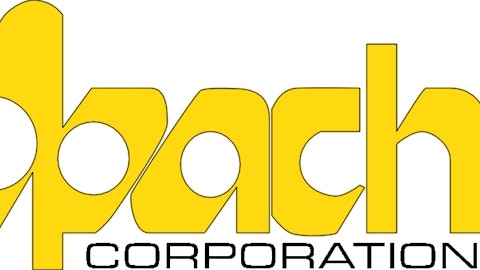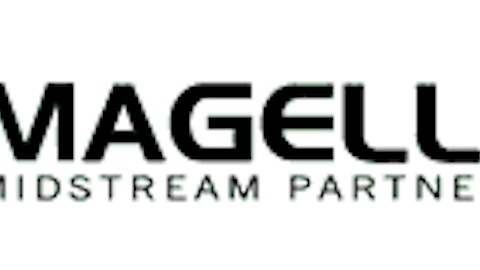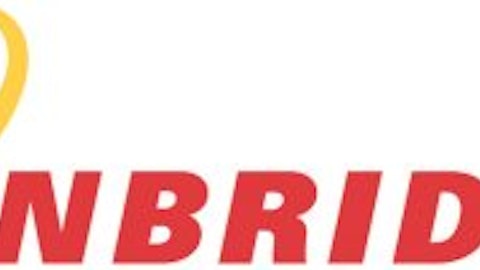President Obama’s climate change address at Georgetown University has been hailed as among his best by environmental activists. However, the president’s much awaited response to TransCanada Corporation (USA) (NYSE:TRP)‘s Keystone XL pipeline, hasn’t exactly been the best in terms of clarity.

However, according to the State Department’s Draft Supplementary Environmental Impact Statement released in March, the Keystone project will have little impact on overall greenhouse gas emissions. The biggest reason is that the heavy crude oil from Canada’s tar sands will still find its way to the market via railroads. In fact, the Western Canadian Select, or WCS, crude is already being transported to U.S. refineries by railroads.
According to the latest data from the Association of American Railroads, Canadian rail traffic transporting oil has jumped 27% in 2013. An average 6,765 carloads of petroleum products are transported per week, which translates to roughly 676,500 barrels per day. This figure is bound to increase as more production comes on line. On the other hand, the Keystone XL pipeline is expected to carry 830,000 barrels per day, including crude oil from the Bakken Shale play in Montana and North Dakota.
Who wins from this controversy?
Prudent investors, however, should see opportunity here. Below are four companies, that should take advantage of the current situation:
The Bakken Shale play is already booming. Existing pipeline systems in that region are at full capacity. Enbridge Energy Partners, L.P. (NYSE:EEP) owns the 1,900-mile Lakehead system which transports 2.5 million barrels per day of crude from North Dakota to Illinois. Additionally, the company’s 970-mile North Dakota pipeline system from Montana to Clearbrook has a capacity of 210,000 bpd.
Enbridge Energy Partners, L.P. (NYSE:EEP) looks safe and can command higher shipping rates from operators and refiners alike, thanks to a lack of other meaningful takeaway capacity from the Bakken.
Refiners all the way
Heavy crude oil, which is found in the Canadian oil sands, is much cheaper than the light and sweet variant. Therefore, refiners having access to Canadian crude should have cheaper feedstock available. Marathon Petroleum Corp (NYSE:MPC)‘s Detroit refinery has been upgraded and expanded under its Heavy Oil Upgrade Project to process heavy crude from Canada. With WCS futures trading at a $16 discount to WTI, Marathon Petroleum Corp (NYSE:MPC) has the infrastructure to access cheaper feedstock. This should ultimately reflect in the refiner’s margins. The company’s Garyville refinery in Louisiana also specializes in processing heavy and sour crudes.



